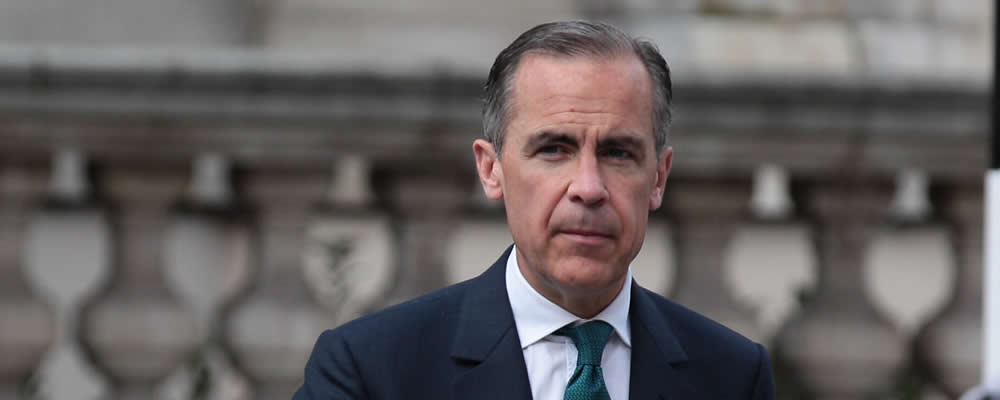The Pound has traded in a narrow range against the Euro on the afternoon of 6th February.
This lacklustre movement comes after German MEP Manfred Weber’s criticism of the UK government’s handling of Brexit.
Mr Weber has warned that precise clarity is needed if Brexit negotiations are to continue, stating;
‘The British government needs to come out with concrete proposals very soon, time is running [out] and we need [to know] what they want to achieve.”
(First published 6th February, 2018)
Uncertainty about Bank of England (BoE) Outlook Drags GBP/EUR Exchange Rate Down
The Pound to Euro (GBP/EUR) exchange rate has worsened today, as traders consider the possibility of a gloomy Bank of England (BoE) outlook.
Policymakers for the UK central bank will be meeting on Thursday this week, but could adopt a cautious stance based on the latest UK economic data.
UK manufacturing, construction and services sector activity slowed in January, leading to an overall composite activity PMI decline.
This represents a poor start to 2018, but it is unclear if this was just a slow start to the UK’s economic year.
Customs Union Rejection Drags GBP/EUR Exchange Rate Down
Another factor limiting interest in the Pound this week has been the announcement that the UK will not be part of the EU customs union after Brexit is complete.
This assertion from Downing Street has sunk hopes of a Brexit deal that causes minimal economic damage, as it now suggests that no firm trade agreement is in place.
While the government has claimed that this was the plan all along, the news has still panicked traders as Brexit talks get started up again.
Euro to Pound Exchange Rate Advances on Supportive German Production Stats
Economic news from Germany has pushed the Euro up against the Pound today, as in both cases German ecostats have exceeded expectations.
Reported factory orders in December have risen by more than expected, while construction sector activity in January has also increased above predicted levels.
Overall Eurozone data hasn’t been so supportive, with the retail activity PMI showing a greater-than-expected slowdown.
Summing up the retail reading with a specific focus on Germany, IHS Markit Principal Economist Phil Smith said;
‘After a strong end to 2017, retailers in Germany recorded further underlying sales growth in the first month of this year.
Disappointingly, however, the PMI faltered slightly and recorded its lowest reading since October, at 53’.
Pound to Euro Exchange Rate Forecast: Sterling Turbulence ahead on BoE Policy Meeting
Looking ahead, the Pound to Euro (GBP/EUR) exchange rate could turn volatile on 8th February, when the Bank of England (BoE) holds its policy meeting.
The main points of interest for traders will be the BoE’s economic outlook, as well as its inflation report for 2018.
January’s UK PMI activity data showed slowdowns in all fields.
If BoE policymakers reference these statistics and believe they could be the start of a prolonged decline, the Pound could slide against the Euro.
In a similar situation, if BoE policymakers predict slowing UK inflation in 2018 then the GBP/EUR exchange rate could also decline.
Lower inflation would benefit households by reducing the UK wage squeeze, but would also reduce the pressure on the BoE to consider higher UK interest rates.
German data could cause the next Euro movement; national industrial production stats will be out on Wednesday, followed by trade balance figures on Thursday.
If the industrial reading shows slower activity as predicted then the Euro could slide in value; another loss may come if the national trade surplus reduces as expected.



